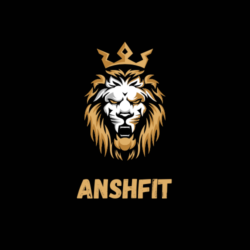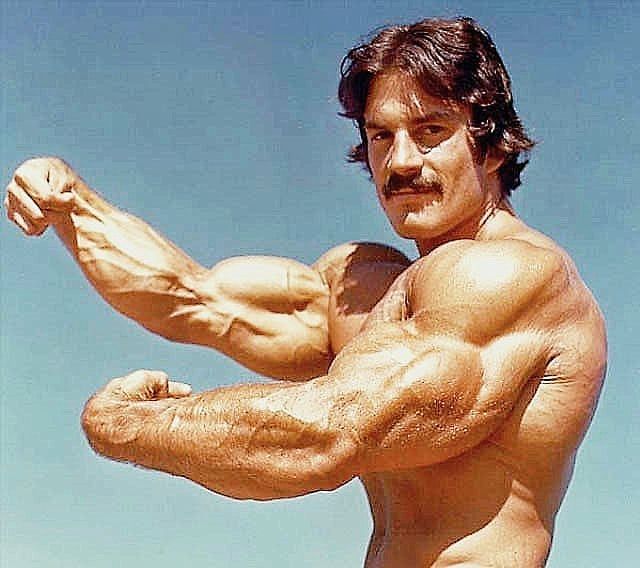Muscle Recovery Isn’t Magic — It’s Recovery & some Protein Math
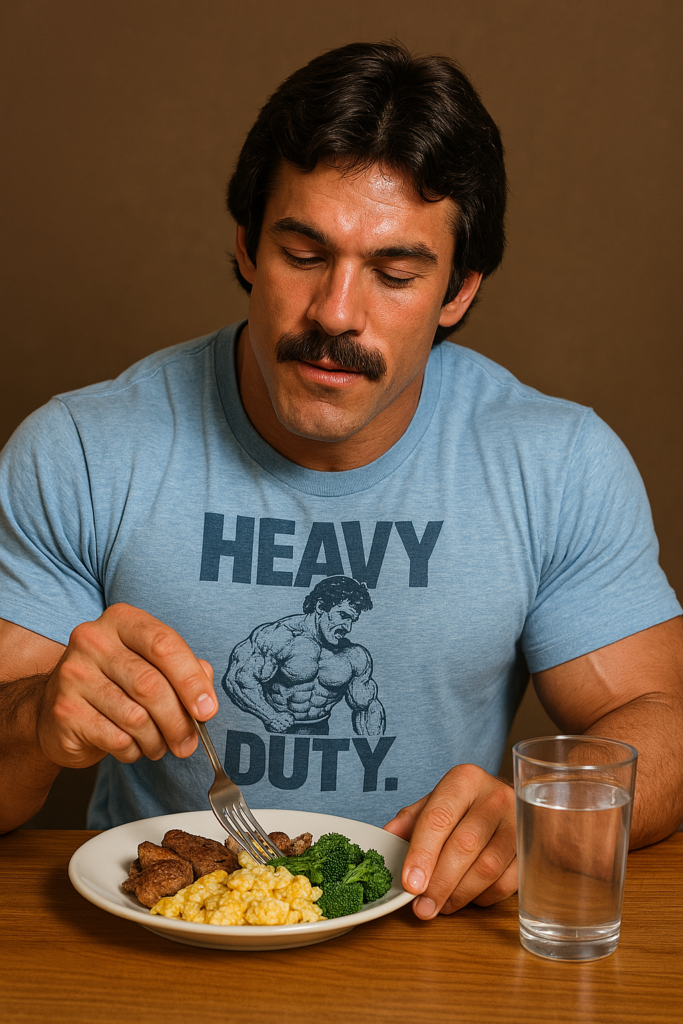
Welcome to AnshFit — your trusted space for grounded, effective, and brutally honest fitness advice. Today, we’re diving deep into one of the most misunderstood yet crucial aspects of muscle growth and recovery: Protein for muscle recovery, with a sharp focus on Mike Mentzer’s philosophy of high-intensity training (HIT).
Let’s cut through the fluff and get into the facts.
Why Protein is Critical for Muscle Recovery – Protein for muscle recovery

After a heavy-duty workout, especially one rooted in Mentzer’s High-Intensity Training (HIT) principles — which demands maximum effort in minimal volume — your muscles are in a state of deep physiological stress. The microscopic damage incurred during training must be repaired before new muscle tissue can form. That repair and regrowth process is 100% dependent on protein.
Protein is made up of amino acids, the building blocks your body uses to:
- Repair torn muscle fibers
- Regenerate cells
- Support enzymatic and hormonal functions critical for recovery
- Maintain nitrogen balance (essential for muscle anabolism)
How Mike Mentzer Viewed Recovery – Protein for muscle recovery

Mike Mentzer was ahead of his time. He emphasized quality over quantity, not only in training but also in nutrition. According to him:
“Muscles grow during rest and recovery — not while training.”
This means that your post-workout recovery period is sacred. Overtraining without proper recovery (and proper protein intake) is a guaranteed path to stagnation or regression.
Mentzer believed in training briefly, infrequently, and with maximum intensity. But to benefit from that style, your nutrition — especially your protein — must be on point.
Check out the extensive article on Mentzer’s unique & unorthodox way of training
👉https://anshfit.com/best-workout-routine-for-muscle-gain/
How Much Protein Do You Actually Need?
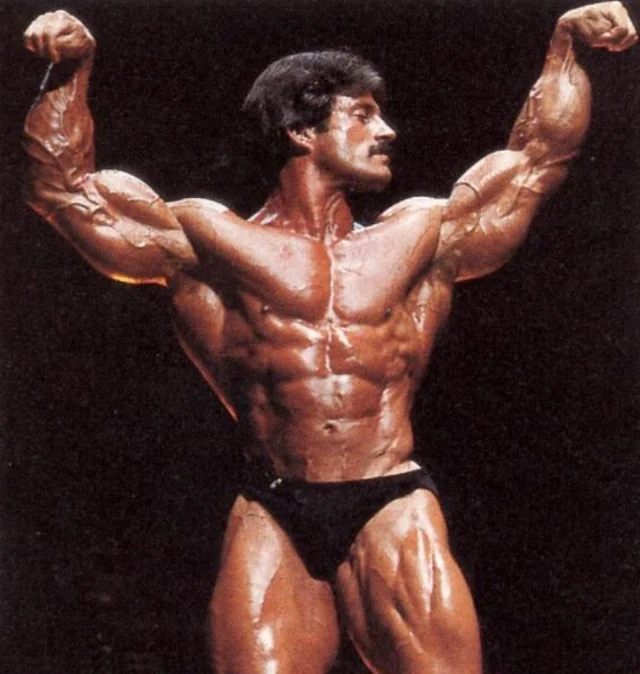
Here’s where confusion starts. The “more is better” mindset has led many into overdosing on protein, believing it’ll force muscle growth. But Mentzer wasn’t a fan of extremes. Let’s break it down practically:
| Training Intensity | Recommended Protein Intake |
|---|---|
| Light training | 0.8g per kg of body weight |
| Moderate training | 1.2g per kg |
| HIT-style training | 1.6–2.2g per kg |
For someone following Mike’s HIT principles, the sweet spot is generally 1.8 to 2.2 grams of protein per kilogram of body weight. That’s enough to support muscle recovery and growth without stressing the kidneys or digestive system.
Example: If you weigh 70 kg, you should consume around 126–154 grams of protein per day.
Timing: When to Take Your Protein? – Protein for muscle recovery
While the total protein intake over the day matters the most, Mentzer appreciated efficiency — and that applies to nutrient timing as well.
Here’s a recovery-oriented protein schedule for HIT lifters:
- Immediately Post-Workout (Within 30 minutes)
- 25–30g of fast-digesting protein (like whey isolate) with carbs to replenish glycogen.
- 2–3 Hours Later
- Balanced meal with lean protein (chicken, eggs, tofu, paneer), healthy fats, and complex carbs.
- Before Bed
- 20–30g of slow-digesting protein (like casein or cottage cheese) to fuel overnight repair.
- Throughout the Day
- Small, regular protein-rich meals every 3–4 hours to keep amino acid levels steady.
Best Protein Sources for Muscle Recovery – Protein for muscle recovery
Mike wasn’t dogmatic about food sources — he focused on effectiveness and simplicity. Here are AnshFit-approved high-quality proteins:
Animal-Based
- Eggs (whole and whites)
- Chicken breast
- Fish (especially salmon, tuna)
- Whey protein isolate
- Greek yogurt
- Lean red meat (in moderation)
Plant-Based
- Lentils & legumes
- Tofu and tempeh
- Pea protein isolate
- Quinoa
- Soy milk
- Mixed nuts (moderation for fat content)
If you’re vegan, combine complementary protein sources (like rice + beans) to ensure you get all essential amino acids.
Mentzer’s Forgotten Insight: Recovery is Mental, Too
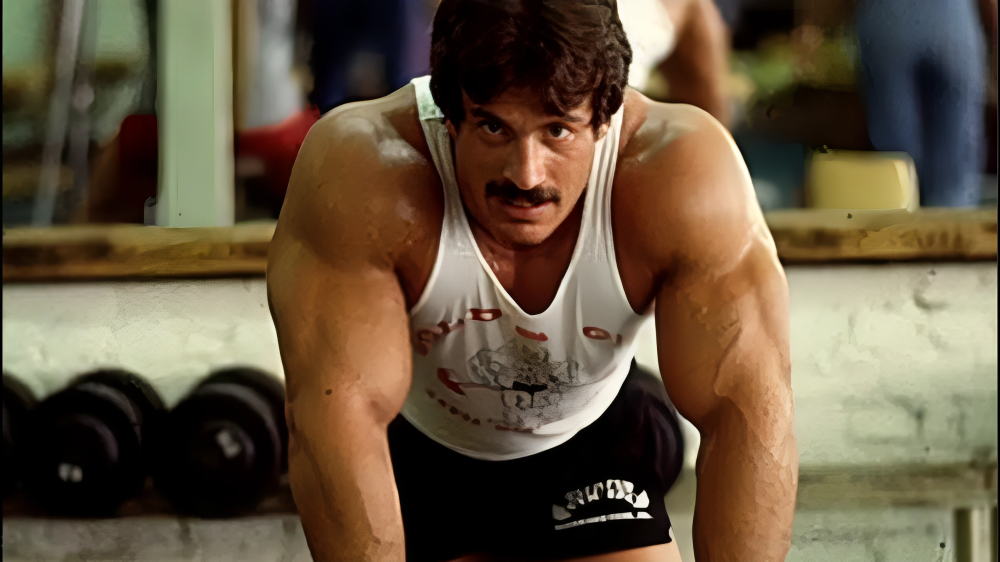
Protein isn’t just about muscle; it supports neurotransmitters like dopamine and serotonin, both crucial for mental recovery. Mentzer often spoke about the mind-body connection and how a sharp mental state complements physical recovery.
After a brutal set to failure, protein helps repair your mind as much as your body.
Pro Tips from AnshFit for Optimal Recovery

- Track Your Intake – Use apps like MyFitnessPal to make sure you’re actually hitting your numbers.
- Hydrate – Protein synthesis needs water; aim for 3–4 liters per day.
- Sleep Deep – No recovery without sleep. Aim for 7–9 hours.
- Cycle Protein Supplements – Avoid relying solely on powders. Whole foods build a stronger foundation.
- Respect Rest Days – Don’t train when your body is still sore or mentally fatigued. Follow Mentzer’s belief: “Train only when recovered.”
Final Words: Train Hard, Recover Harder
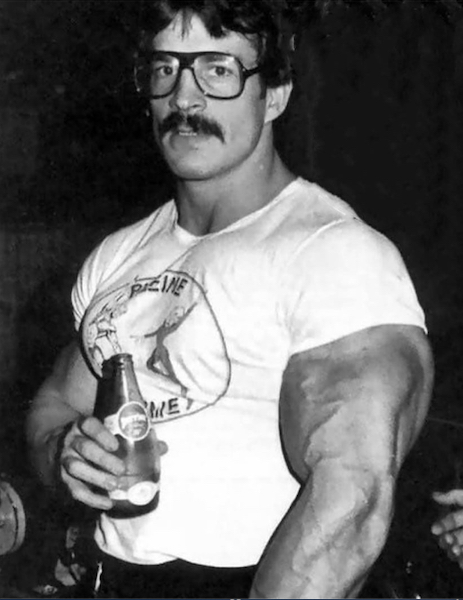
If Mike Mentzer taught us anything, it’s that intensity and recovery go hand in hand. You can’t have one without the other. Your muscles don’t grow in the gym — they grow in the hours and days after the workout, fueled by quality protein and strategic rest.
At AnshFit, we preach what works — not what’s trendy. And what works is this:
Train briefly. Train intensely. Eat intelligently. Recover completely.
💬 Got Questions?
Drop a comment below or shoot us a message. Whether you’re new to HIT or a seasoned Mentzer disciple, AnshFit is here to guide you through your fitness journey — with clarity, intensity, and purpose.
